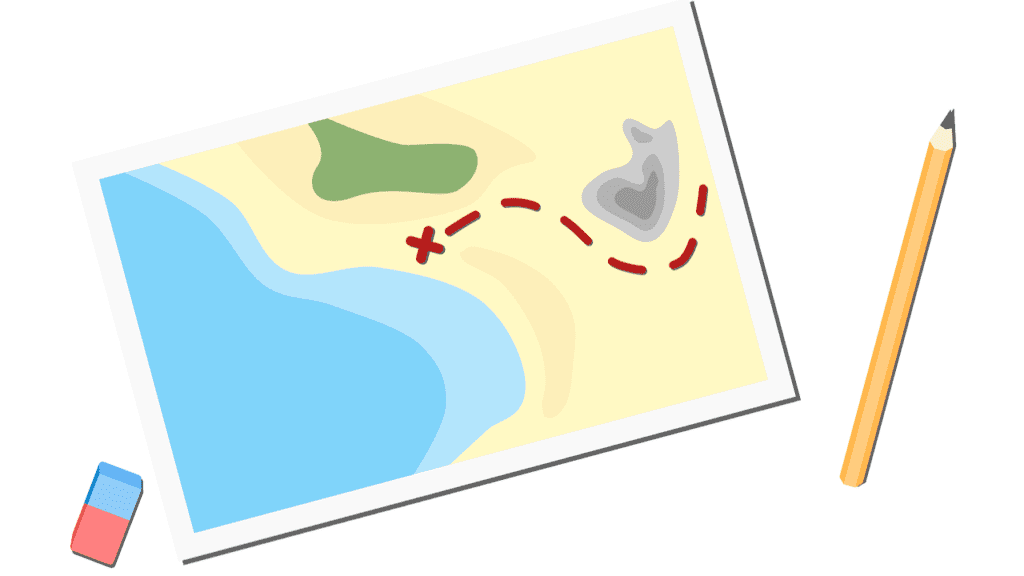Not too long ago, putting a business on the map of the famous Yellow Pages could be complicated and expensive. The old pages belong to a museum now, but businesses still need to be seen, and Google Maps is the best place for that.
Here’s how small businesses can benefit from this tool and stand out from the pack in their region.
Paving the Way
Hauling and delivery companies already know the benefits they can harness from Google Maps. Geocoding and batching services like those provided by http://address4.com can create the smartest routes across several addresses in a given region. Such services help them save time and money, as routes and resources can be managed much more effectively.
However, Google Maps has a treat for every business, which is putting them on the map, quite literally. Indeed, there are solid reasons for businesses to invest in their visibility in the most famous mapping app. It counts over a billion users across 220 countries, and about 60% of mobile users check on it at least once a week. Unsurprisingly, the app has become vital for geotargeted marketing strategies.
How Small Businesses Can Stand Out
Big companies pay top dollar for more online visibility; in this context, Google services are primary targets. Small businesses don’t have the same firepower, but it doesn’t mean they can’t increase Google Maps’ presence organically. Here’s how these businesses can get on the map and establish brand authority in their area.
Location, Location, Location
Defining a clear target area is the process’s first and most important step. Google’s engine gives more credibility to businesses that have verified their addresses in geo-specific areas, which implies having a physical address and not only an online page. These addresses can be registered on Google Business Profile.
Above all, Google must confirm whether the business is real and operating. It may be more difficult for AI algorithms to define a target area for online-based services that cater to nationwide audiences.
The Role of Landing Pages
Optimizing pages for search engines is a very effective marketing strategy. That’s why companies offer geo-specif services on landing pages. They can boost traffic and conversion, which Google’s algorithms perceive as signs of authority and relevance. For companies, it means more visibility on Google Maps searches. SEO-oriented pages with
updated links and content are the way forward in the online world.
Reviews and Testimonials
Search engines are like any other business: at the end of the day, they just want to provide users with the most relevant results to their queries. That’s why client reviews and testimonials are so important; they provide social proof of relevance for search engine algorithms, which are more likely to feature them in “near me” searches.
Responsiveness
Pages that take too long to load or are just too difficult to follow through are left behind by search engines. Creating pages that desktop and mobile devices can seamlessly access is vital, risking online oblivion otherwise.



